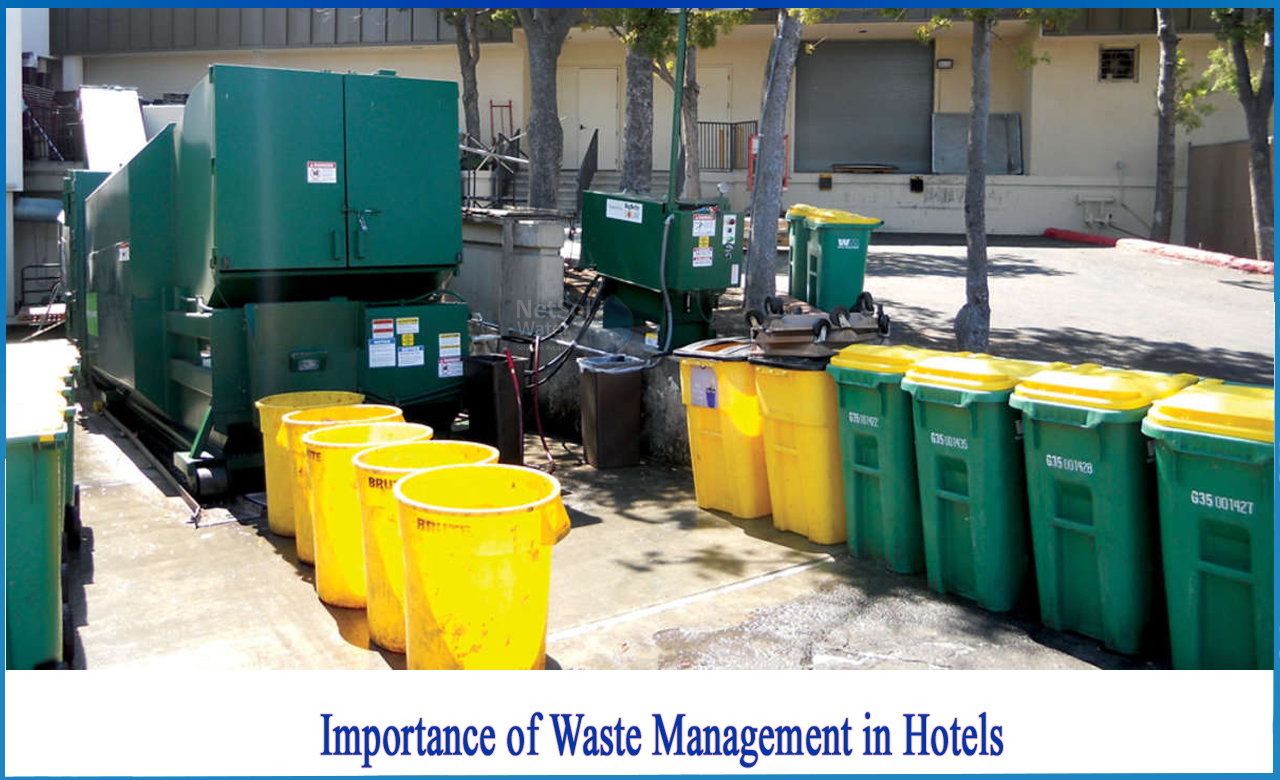The Buzz on Reclaim Waste
The Buzz on Reclaim Waste
Blog Article
The Best Strategy To Use For Reclaim Waste
Table of ContentsHow Reclaim Waste can Save You Time, Stress, and Money.All about Reclaim WasteFacts About Reclaim Waste RevealedHow Reclaim Waste can Save You Time, Stress, and Money.The Ultimate Guide To Reclaim Waste
Residential sewage waste refers to the waste and products from a property septic tank. The correct administration and disposal of residential sewage waste need fluid waste to be transferred to a sewage therapy plant where the proper techniques and tools are used to purify and dispose of waste.
Business waste often includes prospective threats, such as flammable products or a mix of fluid and strong waste products, and calls for an advanced and thorough disposal process. The disposal of industrial waste commonly includes the filtering of waste prior to transport to ensure risk-free and appropriate disposal. Industrial waste is created from results and runoff of industrial processes and manufacturing.
This sort of waste can not use the exact same sewer monitoring transportation or processes as septic or commercial liquids. The hazardous waste management procedure needs the evaluation and screening of liquid waste before it undergoes the disposal process (liquid waste disposal). Drainage waste is the fluid waste that comes from runoff and excess stormwater in highly inhabited locations or cities
Runoff waste can create contamination and flooding otherwise taken care of properly. Discover more about sewer cleaning and waste administration. Guaranteeing appropriate waste management can avoid disasters and reduce environmental injury. Both people in property setups and experts in industrial or manufacturing industries can profit from recognizing the processes and policies of fluid waste management.
Little Known Questions About Reclaim Waste.
Contact PROS Solutions today to learn about our waste monitoring and disposal services and the appropriate means to care for the fluid waste you generate.
(https://pubhtml5.com/homepage/kwjac/)Do you recognize what takes place to your water when you end, flush the bathroom or drain the cleaning maker? No? Well, it deserves recognizing. This so-called 'wastewater' is not just a crucial resource yet, after treatment, will certainly be released to our land, rivers or the ocean. Utilized water from toilets, showers, bathrooms, kitchen area sinks, washings and industrial processes is referred to as wastewater.

water utilized to cool down machinery or clean plant and tools). Stormwater, a form of wastewater, is overflow that moves from agricultural and urban locations such as roofs, parks, gardens, roads, paths and seamless gutters right into stormwater drains, after rain. Stormwater streams neglected directly to regional creeks or rivers, at some point reaching the ocean.
The Ultimate Guide To Reclaim Waste
In Queensland, a lot of wastewater is dealt with at sewer treatment plants. Wastewater is transported from domestic or industrial sites with a system of drains and pump terminals, called sewage reticulation, to a sewer treatment plant. Local governments construct, preserve and operate most sewage treatment plants. Operators are licensed under the Environmental Defense Act 1994 to discharge cured wastewater at an appropriate ecological criterion right into waterways.
The Division of Natural Resources encourages city governments concerning managing, operating and maintaining sewerage systems and therapy plants. In unsewered locations, local federal governments might need homeowners to mount specific or family sewage therapy systems to deal with residential wastewater from bathrooms, kitchens, restrooms and washings. The Division of Natural Resources authorizes using family systems when they are shown to be reliable.
The majority of stormwater gets no treatment. In some brand-new neighborhoods, therapy of some stormwater to eliminate clutter, sand and gravel has actually begun using gross toxin traps. Wastewater therapy happens in four phases: Removes solid matter. Bigger solids, such as plastics and various other items mistakenly released to sewers, are gotten rid of when wastewater is travelled through displays.
Uses small living microorganisms recognizes as micro-organisms to break down and eliminate continuing to be liquified wastes and fine bits. Micro-organisms and wastes are included in the sludge.
Some Known Questions About Reclaim Waste.
Nutrient elimination is not offered at all sewage treatment plants since it requires pricey specialized tools. Clear fluid effluent created after treatment may still include disease-causing micro-organisms - liquid waste removal melbourne.

This typically means wastewater needs to be dealt with or pollutants removed prior to it can be released to waterways. Most wastewater moves right into the sewerage system. Under the Act, city governments administer approvals and permits for environmentally relevant tasks (Ages) involving wastewater launches that might have a local effect. The department carries out authorizations and licences to Ages including wastewater launches that could have a regional or statewide influence.
Some Of Reclaim Waste
Surveillance provides factual information about water high quality and can validate that permit problems are being satisfied. The information obtained through monitoring provides the basis for making water high quality decisions.
Report this page